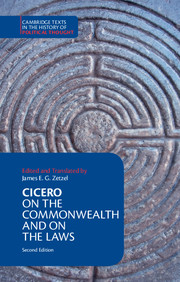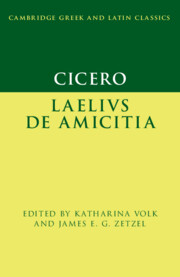Paperback ISBN: 9781316505564
Paperback publication date: 27 May 2017
Can't find the content you are looking for?
To expand your search, find other books and research journals at Cambridge Core , or browse our catalogue at cambridge.org
Paperback ISBN: 9781316505564
Paperback publication date: 27 May 2017
Hardback ISBN: 9781107140066
Hardback publication date: 17 July 2017
Hardback ISBN: 9781108832250
Hardback publication date: 31 October 2024
Paperback ISBN: 9781108940856
Paperback publication date: 31 October 2024

